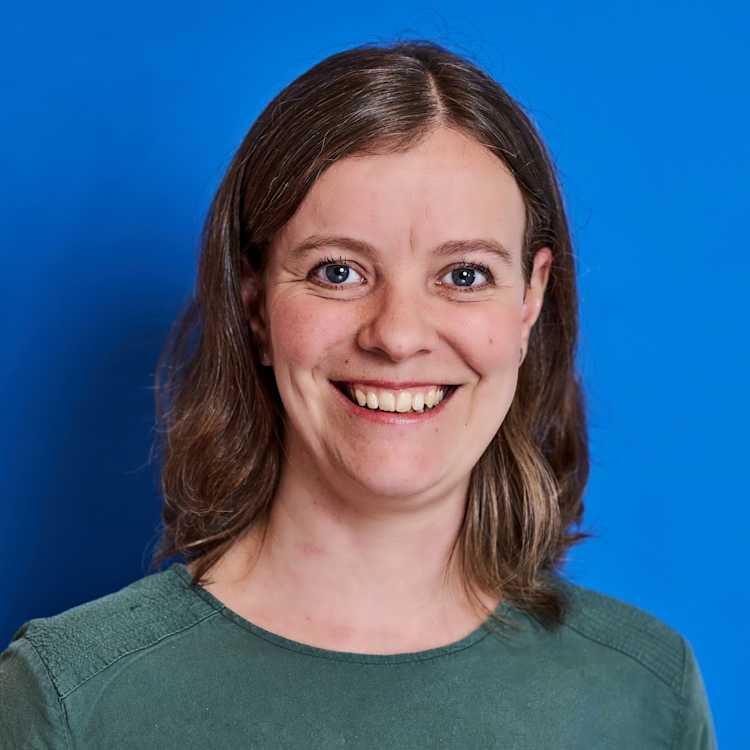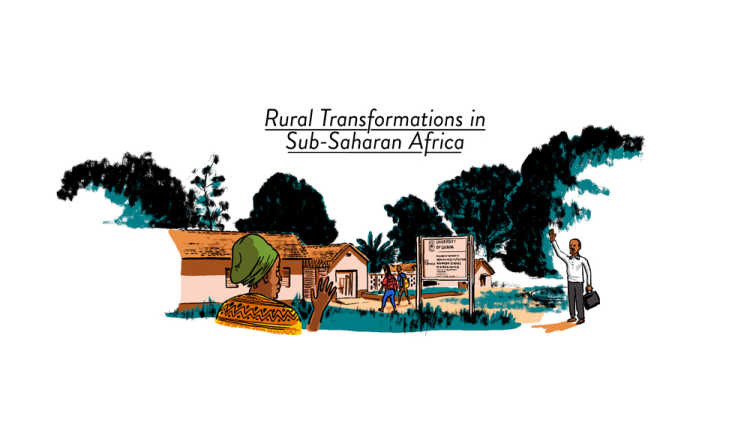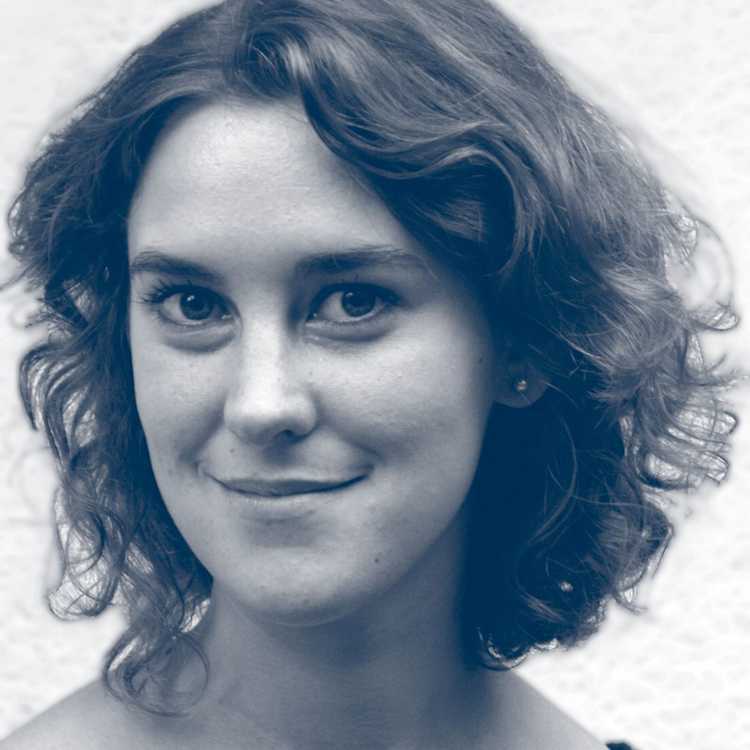Call | 31/07/2024
Call for Papers and Panels: MIASA Conference “Dealing with conflict, preparing for sustainable peace: Current research and its policy implications”
This MIASA conference is jointly organised by the Kofi Annan International Peacekeeping Training Centre (KAIPTC), the Legon Centre for International Affairs and Diplomacy (LECIAD), and the GIGA.
Time and location:
11 and 12 December 2024; ISSER Conference Hall, University of Ghana
Programme Committee:
Dr. Emma Birikorang, Kofi Annan International Peacekeeping Training Centre
Dr. Julia Grauvogel, GIGA
Dr. Christof Hartmann, University of Duisburg-Essen
Dr. Afua Boatemaa Yakohene, Legon Centre for International Affairs and Diplomacy (LECIAD), University of Ghana
Keynote speakers:
Dr. Remi Ajibewa, Ambassadorial Fellow, National Institute for Policy and Strategic Studies, Nigeria and former Director of Political Affairs at the ECOWAS Commission
Dr. Jana Krause, Professor at the University of Oslo
Goals:
The MIASA Conference “Dealing with conflict, preparing for sustainable peace: Current research and its policy implications” will provide space for exchange between researchers, policymakers and other key stakeholders in sustainable peace-making to present and discuss state-of-the-art research and its policy implications. Emphasis will be given to African perspectives on intervention practices and peacebuilding efforts on the continent, drawing on insights from both research and practice.
Theme:
Despite considerable efforts to foster peace, multiple interlinked security challenges persist in Africa. The number of battle-related casualties has been on the rise – both globally and on the African continent. While decentralised forms of violence such as Jihadism, urban riots and smaller insurgencies are a key concern, conflicts with strong regional and international involvement have also increased significantly. African governments, regional organisations, Western actors and the international community have all sought to foster peace and security on the continent through instruments such as diplomatic initiatives, mediation, sanctions and peacebuilding initiatives. Intensifying religious violence and climate change are both pressing challenges to peace that carry an important gendered dimension. How religious divides or extreme weather are linked to conflict must hence be re-examined if strategies helping restore peace in vulnerable societies are to be developed. The conference seeks to address sources of and solutions to conflict in pursuit of sustainable peace in Africa by bringing into dialogue research on key challenges, actors and instruments. It invites proposals addressing but not limited to the following topics:
Fostering peace in a changing climate: Climate change is altering the global security landscape. Central Africa, East Africa, West Africa and the Sahel all find themselves severely affected by climate change. Yet despite experiencing similarly adverse conditions, including droughts or heavy rainfall, the levels of violence affecting their respective communities differ significantly. Climate change’s impacts are also compounded by political tensions, violent conflicts and complex humanitarian emergencies. Moreover, the gendered repercussions of climate change for peace and security are currently poorly understood. What is the relationship between climate change, extreme weather, its impact on (women’s) livelihoods and conflict? And how must governance policies and peacebuilding initiatives be revised to increase the resilience of conflict-prone communities and to create gender-responsive adaptation and mitigation measures?
Addressing violent extremism and bridging religious divides: One of the greatest current security threats – especially in the Lake Chad Basin, the Horn of Africa and the Sahel – stems from Salafi-Jihadist insurgencies. This proliferation of violent extremism and terrorism has undermined peaceful interreligious co-existence in many societies and added to pre-existing political, economic as well as social difficulties. At the same time, coup leaders from Burkina Faso, Guinea, Mali and Niger have all cited a lack of progress on counterterrorism efforts – while regional as well as international responses to these extremist groups have faced significant challenges. What promising policies can help address the complex nature of Salafi-Jihadist violence? Which actors are the most viable promoters of peace? And how can religious communities, leaders and ideas contribute to conflict resolution and peaceful interreligious co-existence?
International responses to armed conflict: The number of conflicts in which both Western and non-Western actors are involved is on the rise. Often, different countries as well as regional and international organisations deploy a variety of means to address armed conflict in parallel, despite these measures not necessarily reinforcing each other. Furthermore, citizens’ and policymakers’ perceptions on the legitimacy and effectiveness of these international actors vary considerably. What do the public and political elites in respective African countries think about these diverse external attempts to address violent conflict on the continent? What are rationales for international actors initiating as well as eventually ending peacemaking and peacebuilding efforts? How do these diverse conflict-management tools complement or contradict each other?
Contribution formats and submission guidelines:
We are accepting proposals for both panels and individual presentations/papers.
Panel proposals can consist of up to four papers. They should contain a session title, a description of the panel theme (500 words) and designate the chair(s) as well as brief chair biographies (300 words) and a short CV (2 pages maximum). The proposals should also include the names of the authors, titles and abstracts (300 words) for each of the individual papers.
Individual submissions should contain a title and abstract (300 words) as well as brief author biography (300 words) and a short CV (2 pages maximum). Individual submissions can be selected for presentation in parallel sessions or for a poster session. We can accommodate two types of individual submissions. In addition to classical presentations of research papers, we also welcome presentations that synthesise research on a particular theme (rather than discussing a single study) and outline the related policy implications derived from this work.
Scholars can apply via this link. Please email your supporting documents to [email protected] as a single PDF or Word file and indicate “MIASA conference 2024” in the subject heading. The application deadline was 1 September. We are closing for submissions. Successful applicants will be notified by mid-October 2024.
Queries regarding the conference or your potential contribution should be directed to [email protected].
Support:
To facilitate participation in the conference, successful applicants can be reimbursed for travel costs, accommodation (for those outside Accra) and – if applicable – visa fees (meals will be provided in the hotel and during the conference, we cannot pay a per diem stipend). Please indicate in your submission whether you require such support.












